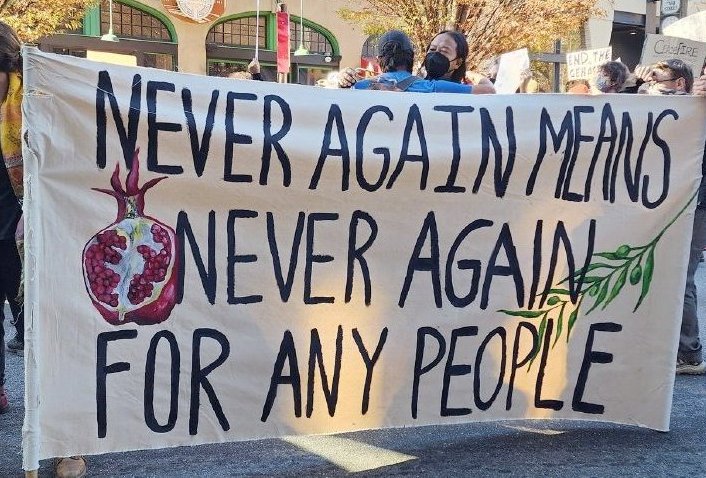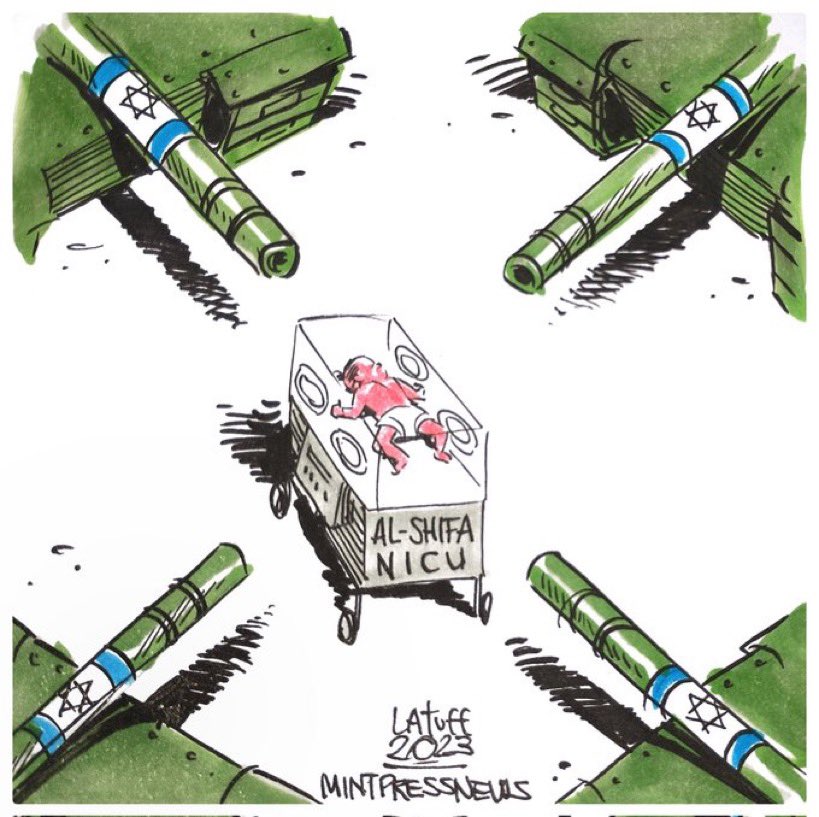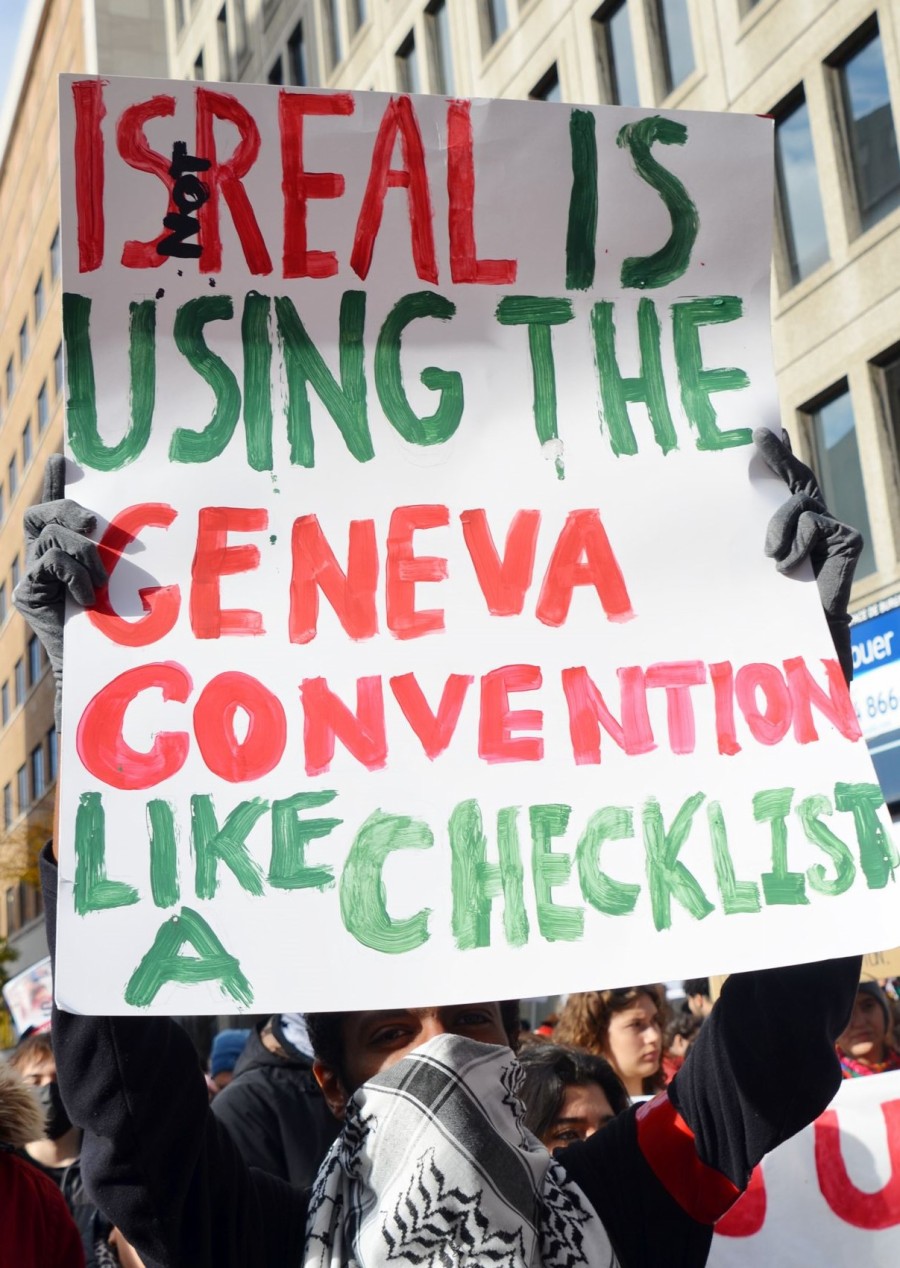UN Secretary-General Directs Security Council to Act on Immediate Ceasefire

United Nations Secretary-General António Guterres has expressed repeated concern over the dire humanitarian situation in Gaza and the imminent danger of total collapse of public order as a result of the Israeli bombardments and siege of Gaza. On December 6, he sent a letter to the UN Security Council in which he invoked Article 99, contained in Chapter XV of the UN Charter.
Article 99 empowers the Secretary-General to "bring to the attention of the Security Council any matter which in his opinion may threaten the maintenance of international peace and security." A spokesperson for the Secretary General's office called it a "dramatic constitutional move" that Guterres hoped would put more pressure on the Council — and the international community at large — to demand a ceasefire. "I think it's arguably the most important invocation... [I]t is, in my opinion, the most powerful tool that he [the Secretary-General] has," the spokesperson told reporters at UN Headquarters.
Guterres' letter provided a brief overview of the dire situation facing the civilian population of Gaza. There is "a severe risk of collapse of the humanitarian system," he said.
"Civilians throughout Gaza face grave danger," said the UN Secretary-General. He pointed out that since the start of Israel's aggression on the Gaza Strip "more than 15,000 people have reportedly been killed, over 40 per cent of whom were children. Thousands of others have been injured. More than half of all homes have been destroyed. Some 80 per cent of the population of 2.2 million has been forcibly displaced, into increasingly smaller areas. [As of December 8, the number of people killed by Israeli occupation forces in Gaza had risen to 17,177, including 7,112 children, and 46,000 wounded.]
"More than 1.1 million people have sought refuge in UNRWA [UN Relief and Works Agency for Palestinian Refugees in the Near East] facilities across Gaza, creating overcrowded, undignified, and unhygienic conditions. Others have nowhere to shelter and find themselves on the street. Explosive remnants of war are rendering areas uninhabitable. There is no effective protection of civilians."
Guterres also warned in the letter that the health care system in Gaza is collapsing.
 "Hospitals
have turned into battlegrounds. Only 14 hospitals out of 36 facilities
are even partially functional. The two major hospitals in south Gaza are
operating at three times their bed capacity and are running out of
basic supplies and fuel. They are also sheltering thousands of displaced
persons. Under these circumstances, more people will die untreated in
the coming days and weeks."
"Hospitals
have turned into battlegrounds. Only 14 hospitals out of 36 facilities
are even partially functional. The two major hospitals in south Gaza are
operating at three times their bed capacity and are running out of
basic supplies and fuel. They are also sheltering thousands of displaced
persons. Under these circumstances, more people will die untreated in
the coming days and weeks."
"Nowhere is safe in Gaza," he stressed.
Guterres said he expects public order to completely break down soon due to the desperate conditions amid constant bombardment by the Israeli occupation forces, and without shelter or the essentials to survive, rendering even limited humanitarian assistance impossible.
"An even worse situation could unfold, including epidemic diseases and increased pressure for mass displacement into neighbouring countries," he wrote.
"In Resolution 2712 (2023), the Security Council 'calls for the scaling up of the provision of such supplies to meet the humanitarian needs of the civilian population, especially children,'" said the UN chief. News reports from Doctors Without Borders and other sources say severe diarrhea and respiratory infections amongst children are already rampant.
Guterres stressed that the current conditions are making it impossible for meaningful humanitarian operations to be conducted.
"We are, nevertheless, preparing options for monitoring the implementation of the resolution, even if we recognize that in the present circumstances, that is untenable."
While delivery of supplies through the Rafah crossing continues, quantities are insufficient and have dropped since the pause came to an end, Guterres said.
"We are simply unable to reach those in need inside Gaza. The capacity of the United Nations and its humanitarian partners has been decimated by supply shortages, lack of fuel, interrupted communications, and growing insecurity."
 He
said that the humanitarian personnel have joined the vast majority of
Gazan civilians in evacuating to south Gaza ahead of advancing Israeli
military attacks.
He
said that the humanitarian personnel have joined the vast majority of
Gazan civilians in evacuating to south Gaza ahead of advancing Israeli
military attacks.
Guterres also underscored the irreversible nature of the catastrophe.
"At least 130 UNRWA colleagues have been killed, many with their families," Guterres said.
"We are facing a severe risk of collapse of the humanitarian system. The situation is fast deteriorating into a catastrophe with potentially irreversible implications for Palestinians as a whole and for peace and security in the region. Such an outcome must be avoided at all costs," the letter added.
"The international community has a responsibility to use all its influence to prevent further escalation and end this crisis.
"I urge the members of the Security Council to press to avert a humanitarian catastrophe.
"I reiterate my appeal for a humanitarian ceasefire to be declared."
"This is urgent. The civilian population must be spared from greater
harm. With a humanitarian ceasefire, the means of survival can be
restored, and humanitarian assistance can be delivered in a safe and
timely manner across the Gaza Strip," the letter concluded.

This article was published in

Volume 53 Number 30 - December, 2023
Article Link:
https://cpcml.ca/Tmlm2023/Articles/MS53303.HTM
Website: www.cpcml.ca Email: editor@cpcml.ca

